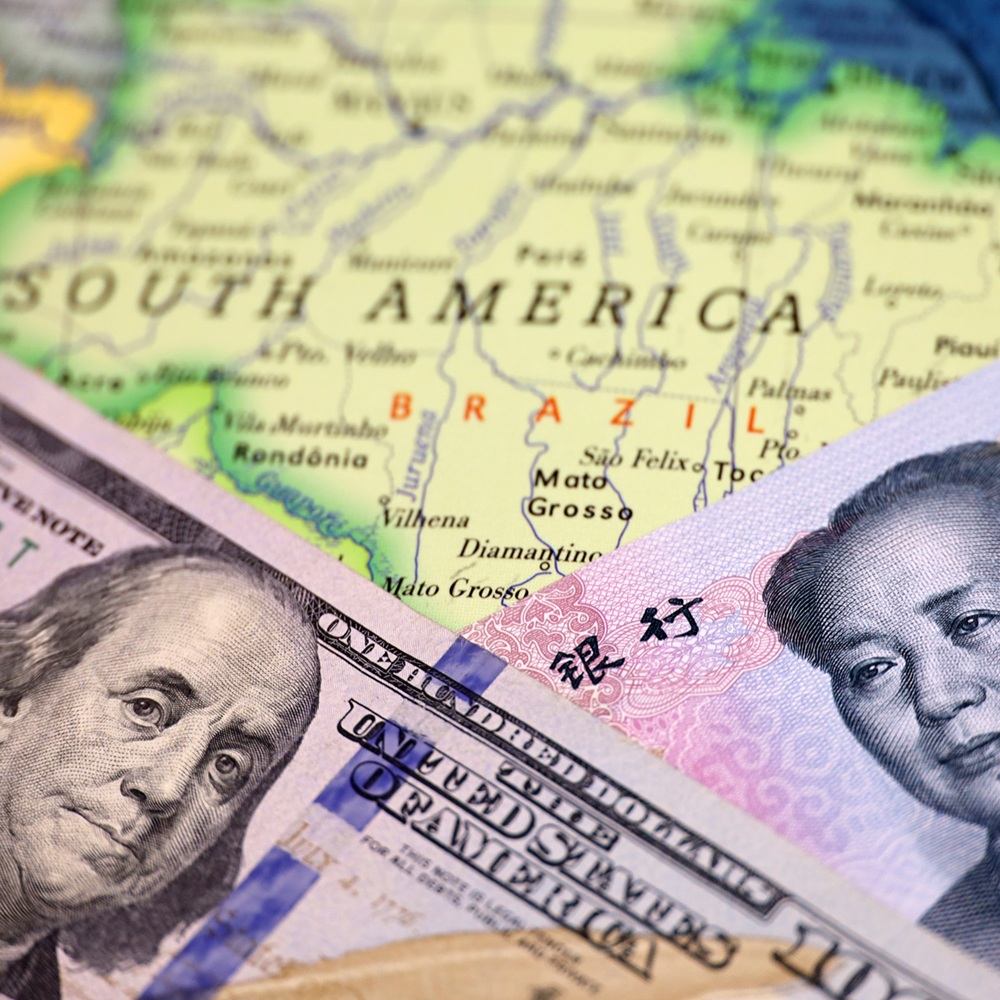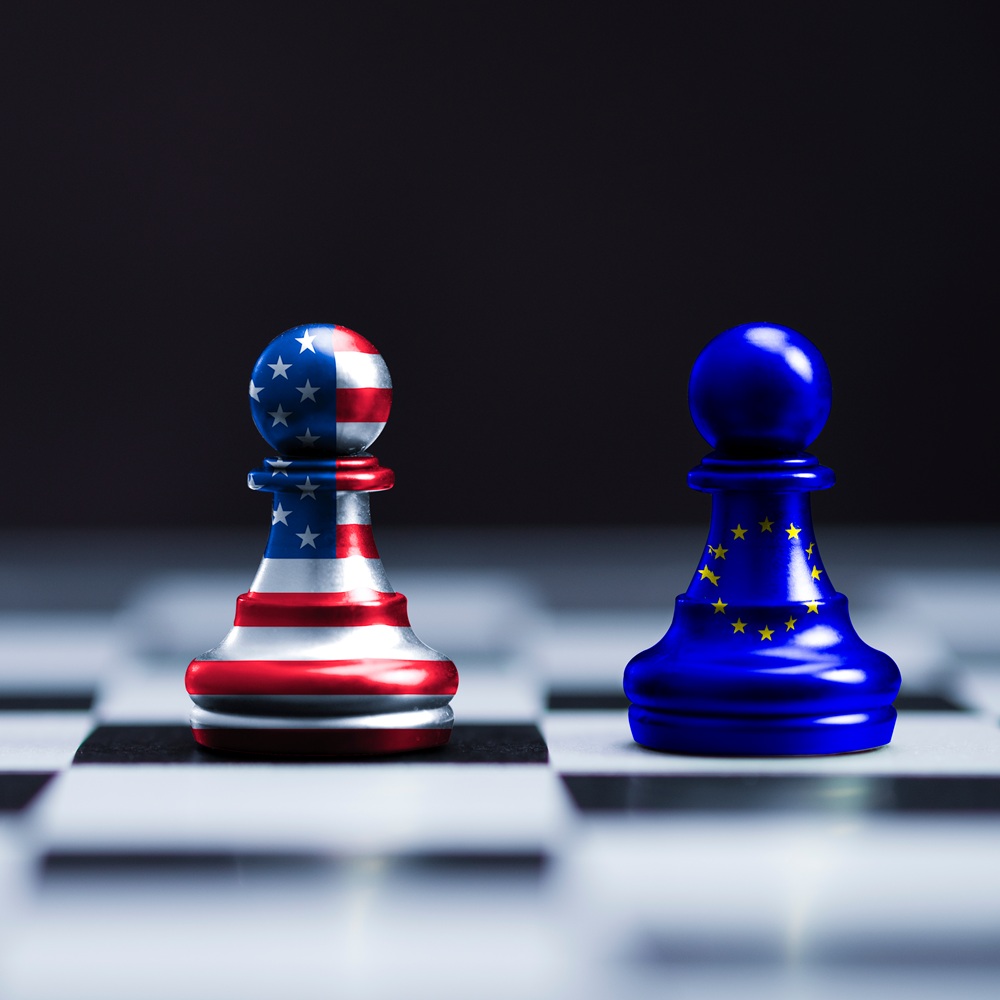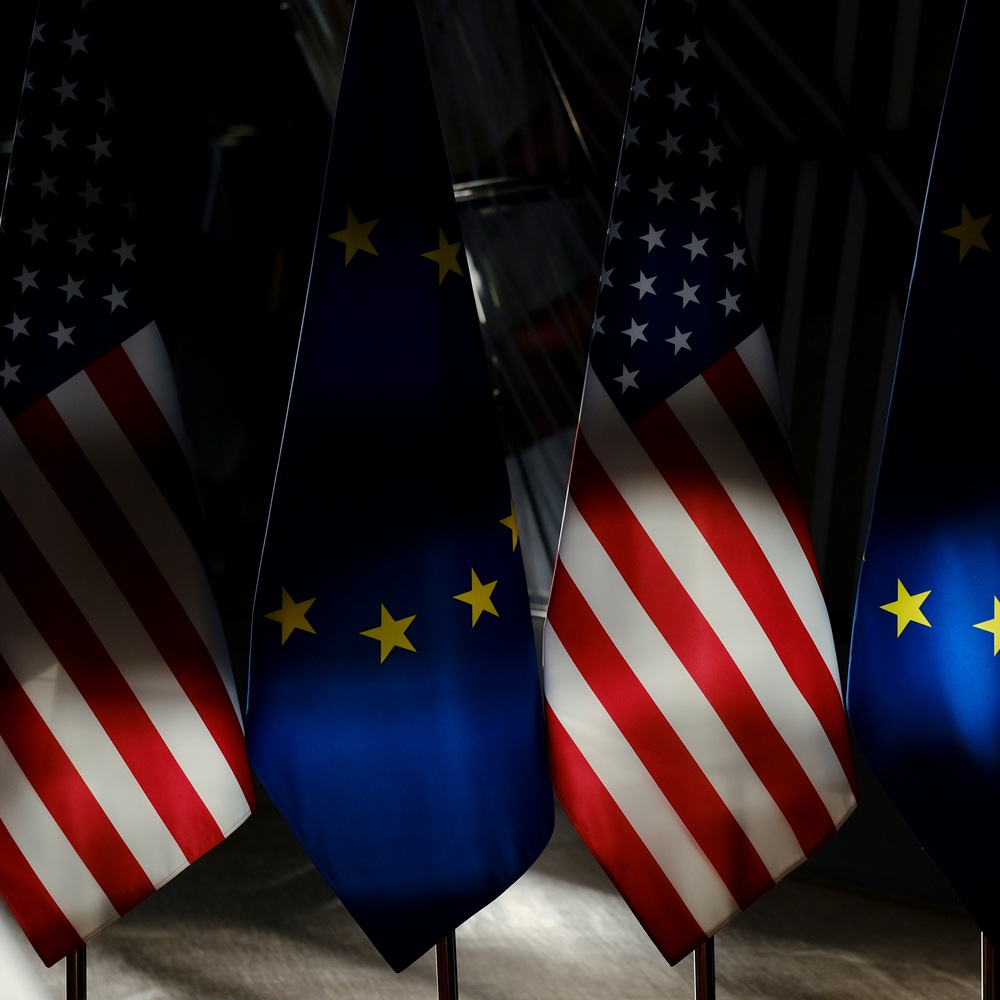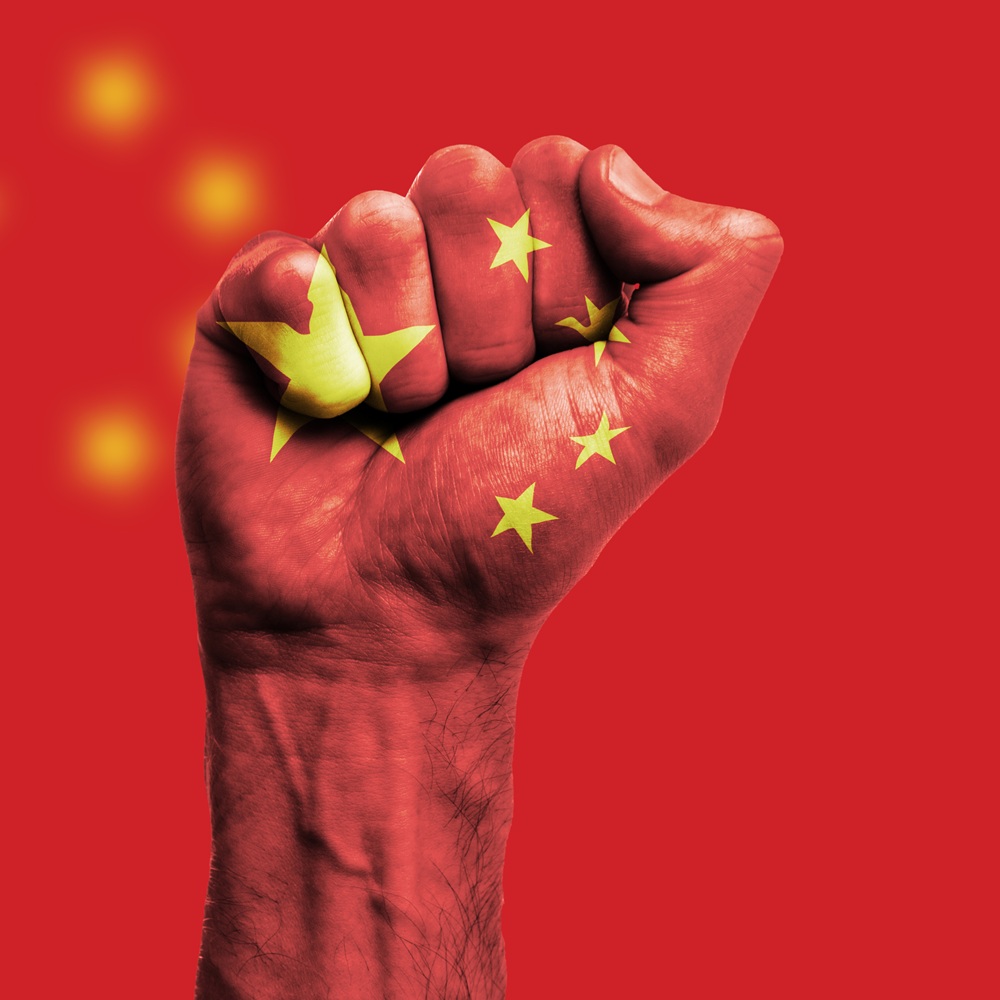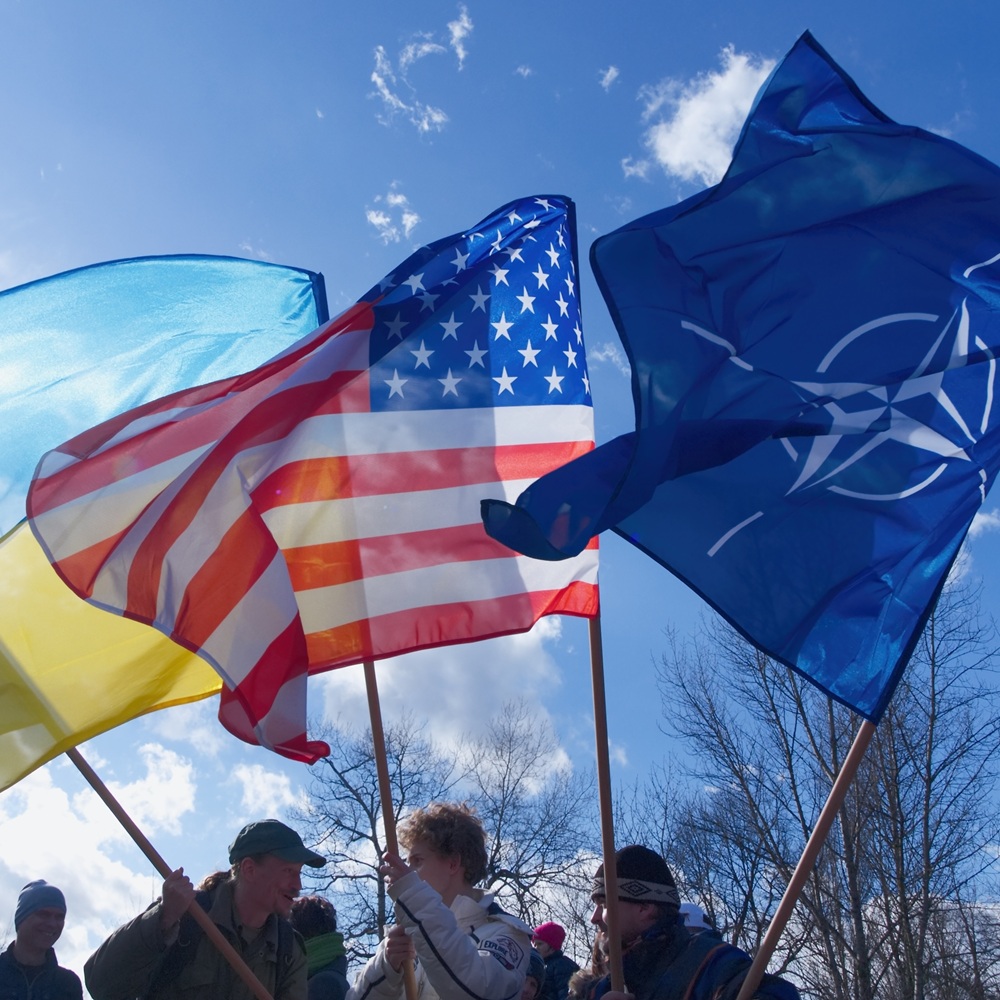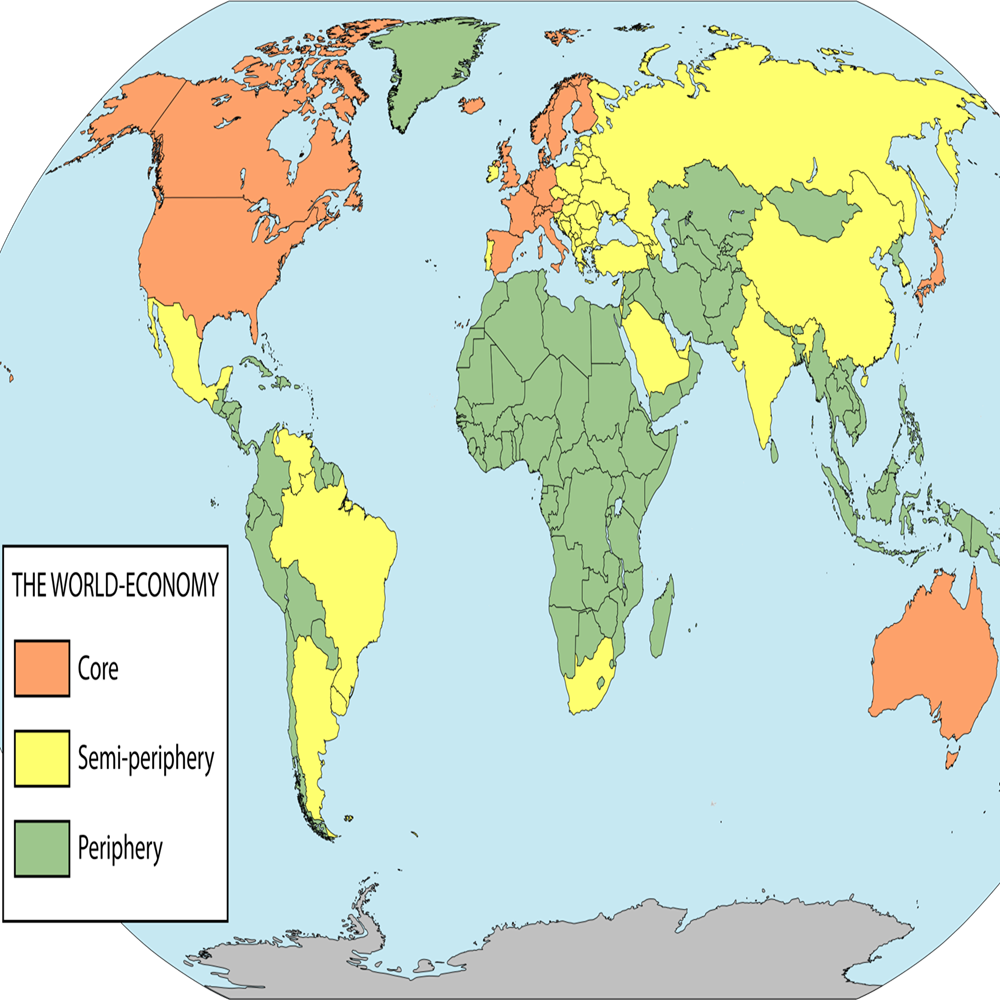
Reflections on the modern world-system from a decolonial perspective
by Larissa Salas Duarte
Abstract This paper analyzes, from Immanuel Wallerstein's Analysis of the World – System, an introduction, the emergence of the modern world – system, the permanence of the colonial logic in the modern capitalist world-system from a decolonial approach. It examines how the center – periphery structure has determined the economic, political and epistemic dynamics at the global level. Through this approach we study how coloniality has influenced the construction of knowledge. It also analyzes the impact of this structure on the recognition of States and the negotiation of international treaties, showing how Western power has conditioned the legitimacy and autonomy of peripheral nations. It also addresses the persistence of the center-periphery logic in local relations, as well as in gender and racial inequality, highlighting the role of anti-systemic movements in the struggle against these structures. It concludes that, although colonial dynamics continue to operate through debt, extractivism and the imposition of political models, decolonial perspectives offer tools to make visible and resist them. Introduction This paper will analyze the dynamics of the current international system based on the work “World-Systems Analysis: An Introduction – The Rise of the Modern World-System” by Immanuel Wallerstein. In it, Wallerstein (2005) argues that the modern capitalist world-system has structured the global order since the 16th century, consolidating a hierarchical division between the center and the periphery. This division has not only shaped economic and political dynamics but has also established patterns of domination and dependency that persist to this day. The colonial expansion of European powers not only guaranteed access to resources and markets but also legitimized a system of exploitation based on racism and the hierarchization of colonized peoples. The decolonial perspective of Walter Mignolo (2013) will be adopted, which posits that this is a political and epistemic project aimed at dismantling the colonial matrix of power that sustains Western modernity. From this framework, the article will analyze how colonial logic continues to operate in the capitalist world-system through the economic and political subordination of the peripheries. It will also examine the impact of the colonial worldview on knowledge production during the 18th and 19th centuries, as well as the reproduction of the center–periphery dynamic in the recognition of states during the 20th century and in the negotiation of international treaties during the 21st century. Likewise, it will address how this dynamic manifests not only internationally but also within local structures, perpetuating inequalities expressed in labor, gender, and racial relations today. This work seeks to provide a critical perspective on the persistence of colonial logic in the modern capitalist world-system, emphasizing the need to rethink power structures from a decolonial perspective that makes visible and vindicates the subaltern voices that have been historically silenced. Development Colonial Logic in the Capitalist World-System In his work “World-Systems Analysis: An Introduction – The Rise of the Modern World-System”, Wallerstein seeks to understand the structure and dynamics of the world-system, taking the 16th century as the starting point —a period when the conquests of the territories we now know as the Americas took place. The colonial period clearly illustrates the core–periphery dynamic (Wallerstein, 2005), as the Spanish, British, and Portuguese empires engaged in the extraction of resources from their colonies, while colonized peoples endured oppression and racism to which they would be condemned for centuries. This oppression brought significant benefits to the modern world-system, as it enabled massive capital accumulation — but exclusively in the core. This was because the colonial process built peripheral economies around the needs of the core, forcing them into subordination to the interests of the global market, generating dependency and underdevelopment. Quijano and Wallerstein (1992) argue that “[…] ethnicity was the inevitable cultural consequence of coloniality. It delineated the social boundaries corresponding to the division of labor” (p. 585). Due to the colonial period, the modern capitalist world-system laid its foundations and strengthened its market-based economic model through racism and hierarchization — circumstances that have legitimized the exploitation and domination of non-European peoples throughout history. Control over the resources of peripheral states by core states has endured to this day, along with the imposition of Western production and consumption models that perpetuate inequality. The colonial period’s greatest legacy remains systemic violence and subalternity. On this basis, it is important to analyze this work from a decolonial perspective. For Walter Mignolo (2013), “decoloniality is not a concept, but a practice and a political, epistemic, and ethical project aimed at disengaging from the colonial matrix of power that sustains Western modernity” (p. 21). This perspective also draws on the notion of epistemic subalternity, which refers to the experiences and knowledge of colonized and subaltern peoples that are rendered invisible, devalued, or reduced to particular cases — without being considered an integral part of the world-system (Mora, 2008). Coloniality in the Construction of Knowledge At the end of the 18th century, the modern university emerged, dividing its studies into two faculties: sciences and humanities. In the 19th century, another division took place within the humanities, opening the space for the study of social sciences, which would later also be split — on one side, those leaning toward scientism, and on the other, toward the humanistic approach. This led to the creation of new disciplines: economics, political science, and sociology (Wallerstein, 2005). These new sciences built their worldview and knowledge construction from a Eurocentric and colonialist perspective, thus assigning labels to peoples different from their own. These new sciences categorized the study of the world’s peoples into three groups. First, civilized peoples — Western nations, considered as such because they believed their social and political organization systems were the most advanced. Second, the high civilizations — India, China, Persia, and the Arab world — classified in this way because they possessed writing, religion, language, and customs. They were regarded as civilized peoples but not modern, under the previously mentioned concept. This category gave rise to orientalist scholars, with a Eurocentric and exoticizing view. Finally, the so-called primitive peoples — those who, from the colonial perspective, lacked writing, religion, language, and customs. This perception of the “uncivilized other” was used to justify colonial processes in the periphery, which even today enable the reproduction of exploitative and racist practices. Segregation in the construction of knowledge, imbued with colonial and Eurocentric thought, is based on criticizing the behavior of these peoples and on what should be changed about them (Zapata, 2008). The Eurocentric conception asserts categorically that the modus vivendi of these peoples is not appropriate according to Western standards. Although this way of thinking has evolved over time, its essence remains the same and has led Western countries to grant themselves the power to change the way of life of these peoples through invasions, neocolonial processes, and violent interventions via military force or economic interference. The Center and the Periphery in the Recognition of States As previously mentioned, Europe established a correspondence between modernity and the West; this includes the institution of the nation-state as its derived product (Zapata, 2008). From the Eurocentric perspective, for civilizations to be considered nation-states, they must possess four characteristics: territory, population, government, and sovereignty. In Public International Law, sovereign states are the main subjects of international relations, and for a state to be recognized as such, it must be acknowledged by the majority of states that are part of the international system. The center–periphery concept operates both economically and politically, which can be observed when a new state seeks recognition from members of the international system. The recognition granted by a state from the center carries more weight than that from the periphery, since states in the center, with greater political and economic capacity, influence the decisions of their allies — both within the center and the periphery. This need for state recognition has been extremely beneficial for the modern capitalist world-system, as political and economic interdependence, along with the perpetuation of power in the countries of the center — particularly those belonging to the West — ensures that they act, whether in matters of state recognition, political agendas, or economic issues, entirely to their own advantage, disregarding the interests of “the other.” From a decolonial perspective, state recognition is a Western construct designed to maintain control over who meets the imposed criteria to belong to the Eurocentric international system. These criteria clearly do not align with the social organization of all non-Western civilizations but were conceived in such a way as to subordinate them to the needs of the world-system, which inevitably serves the interests of Western core states. This can be exemplified by the case of Taiwan. In 1971, the Kuomintang lost recognition from the government of mainland China, and starting in 1985, Taiwan’s government sought to strengthen diplomatic relations with states that already recognized it and to develop relations with those that did not, with the aim of obtaining their approval (Connelly, 2014). Despite the passage of time, recognition of Taiwan as a state by core countries seems inconvenient for them, likely due to the ongoing political dispute between Taiwan and China. As a result, only 14 peripheral states recognize it as such. Despite this, the Northeast Asian country maintains unofficial relations with 47 states and the European Union, for purely economic reasons. The Modern Capitalist World-System in International Treaties It is worth mentioning that the idea of the center–periphery permeates the negotiation of international agreements. As mentioned earlier, the so-called “primitive peoples” were civilizations that, from the Eurocentric perspective of knowledge, lacked writing, religion, languages, or customs. This idea persisted into the 20th century, as reflected in the Statute of the International Court of Justice, which in Chapter II, Article 38, states that “the Court, whose function is to decide in accordance with international law such disputes as are submitted to it, shall apply: […] the general principles of law recognized by civilized nations” (UN, 1945). The Eurocentric conception of a civilized nation in the postwar period was based on the type of government existing in each state. Thus, countries without a democratic political system were not considered civilized nations. This conception forced nations not to determine their own system of government, but rather to adhere to the one imposed by the Western international system in order to be accepted, disregarding their customs and traditions. A more current example of the imposition of Eurocentric ideas on systems of government is the signing of the Free Trade Agreement between the European Union and Mexico in 2000. Ratification of the trade agreement was conditioned on what they called the “democratic clause.” The agreement was not ratified by the Italian government until July 3 of that year, when the presidential elections resulted in the victory of Vicente Fox (Villegas, 2001). On the same day, the European Commission’s spokesperson, Gunnar Wiegand, said in his press release: “A historic vote has taken place in Mexico. The Commission congratulates the Mexican people for exercising their democratic rights in such a mature and exemplary manner” (Caracol Radio, 2000). The spokesperson’s mention of the Mexican people’s maturity refers to the notion that, in the past, the exercise of democracy had not possessed this quality — an observation made from a paternalistic and Eurocentric perspective. Had the election results been different, Mexico could have faced the possibility of the European Union “imposing sanctions as a reaction to the verification of interruptions in democratic processes, which, in addition to affecting development, constitute a threat to international peace and security” (Cordero Galdós, 2002, p. 128). The criticism of the imposition of the “democratic clause” centers on the recurring practice of requiring peripheral states to adapt to the political ideologies and economic needs of the core. The Reproduction of the Center–Periphery Dynamic at the Local Level As mentioned in the development of this work, the effects of colonialism persist across all systems and subsystems through the coloniality of power, knowledge, and being, the latter of which will be addressed later. This is manifested in global inequalities, the exploitation of natural resources in peripheral countries, and the persistence of racist and Eurocentric power structures. From Wallerstein’s perspective, the world-system is a historical structure which, although in constant transformation, reproduces power relations and inequalities over time through the domination of the core and the exploitation of the peripheries (Wallerstein, 2005). Thus, the world-system has evolved in several ways; one of these is the introduction of the term semi-periphery into the analysis. During the colonial period, there were only core and peripheral nations. Over the centuries, however, semi-peripheral states have emerged — nations that not only extract raw materials or engage in manufacturing but also have the capacity to produce cutting-edge technology (Wallerstein, 2005). This positions them in a more privileged place than peripheral countries in the international system. Yet, despite appearing to have overcome the systemic oppression that once kept them in the periphery, the colonial mindset within their institutions perpetuates their subordination to the core. Good examples of semi-peripheral states in Latin America are Mexico and Brazil. Both countries were victims of the exploitation and systemic violence of colonialism. This shaped the development of their societies and economies for centuries. Even after achieving independence and building productive and economic systems that placed them in the semi-periphery, their economic progress was built on a legacy of oppression and racism that continues to reproduce the abuses described. In this way, the concept of core and periphery permeates social and family subsystems. This can be observed in labor relations, where capitalists depend on the core–periphery or superior–subordinate relationship to sustain the production model. It is also evident in social relations, which Wallerstein refers to as anti-systemic movements. Society perpetuates the core–periphery principle by placing women and racialized communities in the periphery, while men — especially white men with power — occupy the core. Anti-systemic movements paved the way for the struggle against these inequalities, giving rise, for example, to feminist and Indigenous movements. These have led to the development of theoretical perspectives such as decolonial feminism, which adds analytical variables to the decolonial perspective. According to Yuderkys Espinosa, it emerges from “[…] a subaltern, non-hegemonic voice […] anti-colonial, anti-imperialist, anti-capitalist. […] Its aim is to question and oppose an imperial and racist rationale” (Barroso, 2014, p. 2). Conclusions The modern capitalist world-system has managed to sustain and expand itself thanks to colonial structures that, far from disappearing with decolonization processes, have mutated and perpetuated dynamics of domination and dependence. As discussed, the core–periphery logic has been key to the organization of the international system, not only in economic terms but also in the construction of knowledge, the legitimization of states, the negotiation of international agreements, and the imposition of political and social models from Western hegemony. The colonial legacy remains in the structural subordination of peripheral economies to the interests of the core, the imposition of international norms that favor core countries, and the persistence of racialized and gender-based inequalities within peripheral states themselves. This scheme has not only ensured capital accumulation in the core but has also limited the self-determination of historically colonized peoples, while normalizing their exclusion from political, economic, and epistemic spheres. At the international level, neocolonialism operates through mechanisms such as external debt, unequal trade agreements, and political interference in the internal affairs of peripheral states. In addition, extractivism and territorial dispossession continue to reproduce colonial logics, affecting both peripheral countries and Indigenous communities as well as other historically marginalized groups. In this sense, the modern capitalist world-system not only perpetuates economic exploitation but also reinforces power structures based on racism, sexism, and subalternity. However, as decolonial perspectives point out, the coloniality of power is not an immutable phenomenon. This approach questions the structures of power and knowledge inherited from colonization, seeking to deconstruct Eurocentric discourses and make visible the voices and experiences of the subaltern. Anti-systemic movements have sought to challenge these structures, reclaiming the agency of subaltern peoples and promoting the construction of alternatives that confront the colonial matrix of power. Particularly, decolonial feminism has emerged as a key critique of the intersection between patriarchy and coloniality, showing how women — especially racialized women — have been relegated to the periphery of the system. Thus, analyzing the world-system from a decolonial perspective allows us not only to understand the continuity of structures of domination but also to recognize the spaces of resistance and contestation that emerge within it. In conclusion, the decolonial perspective enables us to rethink the modern world-system from a critical standpoint, recognizing structural inequalities and the need to transform the power dynamics that perpetuate the domination of the core over the periphery. Decolonialism makes it possible to redefine notions of progress, development, and modernity from a perspective free from colonial stereotypes and hierarchies, recognizing the diversity of knowledge and worldviews of Indigenous peoples. It seeks to decentralize power by rethinking and decolonizing power relations between the core and the periphery, between the state and local communities, aiming for a more equitable distribution of resources and benefits. It is essential to make visible and vindicate the subaltern voices that have been historically silenced, promoting an epistemic and political shift that dismantles the foundations of this system and paves the way for fairer and more inclusive models. References Andrade, V. M. (diciembre, 2019). La Teoría Crítica y el pensamiento decolonial: hacia un proyecto emancipatorio post–occidental. Revista Mexicana de Ciencias Políticas y Sociales, 65(238). https://doi.org/10.22201/fcpys.2448492xe.2020.238.67363Barroso, M. (2014). Feminismo decolonial: crítica y propuesta. Revista Estudos Feministas, 22(1), 1–15.Caracol Radio. (3 de julio, 2000). Europa felicita a mexicano por votación ejemplar. Caracol Radio. https://caracol.com.co/radio/2000/07/03/nacional/0962604000_023535.htmlConnelly, M. (2014). Historia de Taiwán. El Colegio de México.Corderos Galdós, H. (agosto, 2002). La denominada cláusula democrática como modalidad de condicionamiento en los Programas de Ayuda al Desarrollo de la Unión Europea. Agenda Internacional, (16), 123–136. https://doi.org/10.18800/agenda.200201.007Donoso Miranda, P. V. (diciembre, 2014). Pensamiento decolonial en Walter Mignolo: América Latina: ¿transformación de la geopolítica del conocimiento? Temas de Nuestra América, 30(56), 45–56.Mignolo, W. D. (2013). Geopolítica de la sensibilidad y del conocimiento: Sobre (de)colonialidad, pensamiento fronterizo y desobediencia epistémica. Revista de Filosofía, 80(1), 7–23.Mora, M. (2008). Decolonizing politics: Zapatista indigenous autonomy in an era of neoliberal governance and low intensity warfare [Tesis doctoral, The University of Texas at Austin]. https://repositories.lib.utexas.edu/server/api/core/bitstreams/68ba681a-a78b-4ddd-9441-32a92b0edf5c/contentOrganización de las Naciones Unidas (1945). Estatuto de la Corte Internacional de Justicia. Carta de las Naciones Unidas.Portal Académico CCH (2017). Historia de México 1, Unidad 4, Intervenciones extranjeras: Inglaterra. Portal Académico CCH. https://e1.portalacademico.cch.unam.mx/alumno/historiademexico1/unidad4/intervencionesextranjeras/inglaterra#:~:text=Razones%20suficientes%20para%20reconocer%20a,poner%20freno%20al%20expansionismo%20estadounidense.Quijano, A., & Wallerstein, I. (1992). La americanidad como concepto, o América en el moderno sistema mundial. Revista Internacional de Ciencias Sociales, XLIV(4), 583–592.Rojas, V. M. (2010). Capítulo séptimo. El reconocimiento internacional. En Rojas, V. M. Derecho internacional público (pp. 61–65). Nostras Ediciones. https://archivos.juridicas.unam.mx/www/bjv/libros/7/3262/3.pdfRomero Losacco, J. (diciembre, 2020). El sistema-mundo más allá de 1492: modernidad, cristiandad y colonialidad: aproximación al giro historiográfico decolonial. Tabula Rasa, (36), 355–376. https://doi.org/10.25058/20112742.n36.14Ruiz, S. M. (mayo, 2019). La colonialidad y el sistema-mundo moderno colonial. Un diálogo entre Quijano y Wallerstein. Espirales, 3(1), 189–197.Villegas, F. G. (2001). México y la Unión Europea en el Sexenio de Zedillo. Foro Internacional, 41(166), 819–839.Wallerstein, I. (2005). Análisis de sistemas-mundo: una introducción. Siglo XXI.Zapata Silva, C. (2008). Edward Said y la otredad cultural. Atenea, (498), 55–73. http://dx.doi.org/10.4067/S0718-04622008000200005










